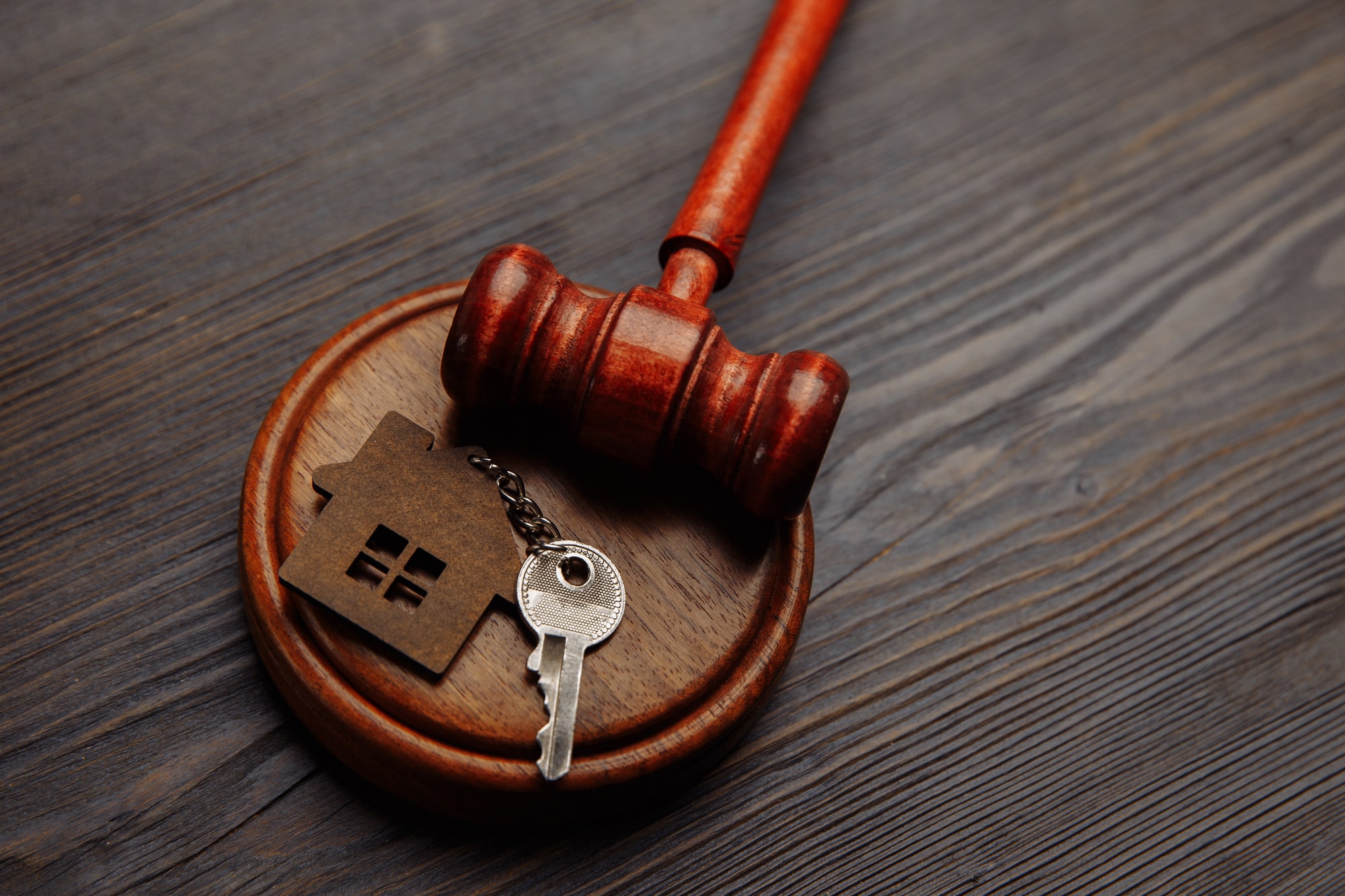What To Know Before Buying Property

Buying property is a big decision, whether you’re looking for a personal residence, a rental property, or a long-term investment. There’s a lot to consider before signing a purchase agreement, and rushing into a deal can lead to problems later. Taking the time to review key details up front can help you avoid surprises and make more informed decisions.
Below, we’ve outlined some of the main areas to pay attention to before you move forward with a purchase.
Review The Title And Ownership History
One of the first things to confirm is whether the current owner actually has the right to sell the property. A title search helps reveal any issues like liens, easements, or past ownership disputes. If the property has changed hands several times or has legal claims tied to it, that could delay closing or affect your ability to use the land as planned.
Know The Zoning Rules
Before buying property, especially for investment purposes, it’s important to check how the land is zoned. Zoning laws determine what kind of activity is allowed—such as residential, commercial, or mixed use. Just because a property looks like it would work for your plans doesn’t mean it’s legally allowed under current zoning regulations.
Understand The Condition Of The Property
Many buyers focus on location or price but overlook the physical condition of the building or land. Hiring an inspector can help you identify problems that aren’t obvious right away—like water damage, faulty wiring, or structural issues. Even vacant land can come with concerns such as poor drainage, environmental restrictions, or unstable soil.
Review The Contract Terms Closely
Every purchase agreement comes with legal terms that may affect your ability to back out of the deal, negotiate repairs, or recover your deposit. Some contracts are written with standard terms, but others can be customized in ways that favor the seller.
Before signing, make sure you fully understand what each section of the contract means. Pay close attention to deadlines, financing clauses, inspection periods, and conditions for termination. Your real estate investment lawyer can help review the contract to make sure your interests are protected.
Look At Future Development Plans
If you’re buying in an area that’s growing, take time to research local development plans. Are there major road expansions, shopping centers, or apartment complexes planned nearby? These changes can affect property value, noise, and traffic. In some cases, a quiet neighborhood may change drastically over the next few years.
Consider Property Taxes And Ongoing Costs
Ownership doesn’t stop with the purchase price. Property taxes, insurance, homeowners association fees, and maintenance can add up quickly. Before buying, review the current property tax rate and estimate how much it may increase.
Attorneys like our friends at Aptt Law LLC can attest to the importance of weighing all the financial obligations that come with property ownership. It’s not just about what you pay upfront—it’s about what you’ll need to cover month after month.
Final Thoughts
If you’re planning to invest or purchase real estate, it’s a smart move to review your rights, obligations, and risks. If you have questions about contracts, zoning, or ownership issues, speak with your real estate lawyer before you move forward. A few early steps can help you avoid bigger problems later.







